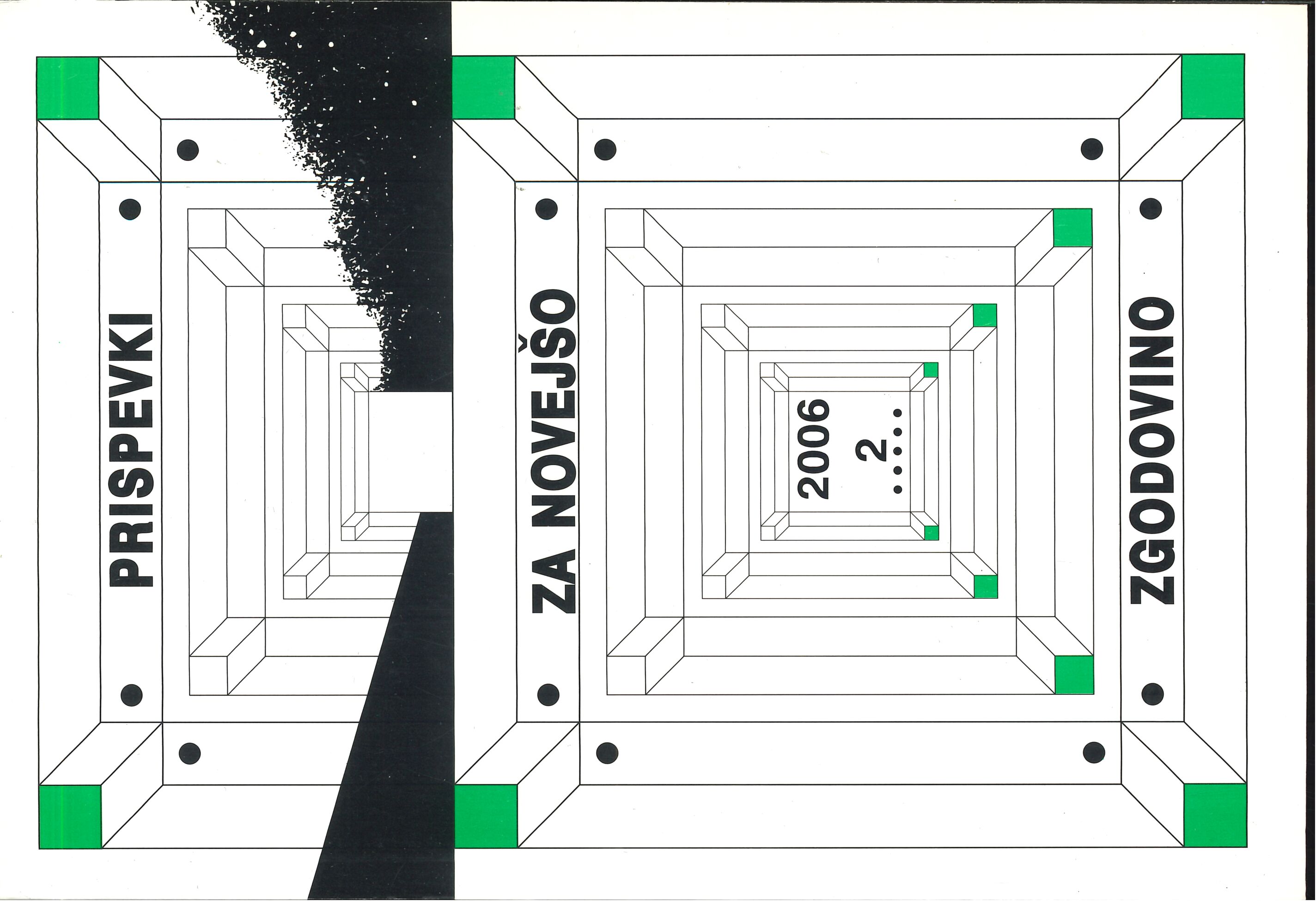The Dissolution of the Comintern
The Echoes in Slovenia and the International Framework
Keywords:
Second World War, Comintern, Communist International, Communist Party of Yugoslavia, Communist Party of Slovenia, Soviet Union, Slovenia, propagandaAbstract
The dissolution of the Comintern on 15 May was Stalin's tactical move which brought no significant change to the well established relations between the Comintern leadership, i.e. Moscow, and its members - the communist parties. The response in Slovenia, immediately after the official news of the dissolution was varied. The communists accepted the official explanation of the leadership of the Communist Party of Slovenia justifying the dissolution of the international association of communist parties, and endeavored to present the Party to the public as national and patriotic. Some prominent members of the Slovene Liberation Front considered the dissolution as a significant move which recognized the national identity of individual countries and allowed the communist parties to become truly national. On the anti-communist side the assessment prevailed that nothing much would change with the demise of the Comintern, which Stalin had been compelled to dissolve because of anti-communist feelings among the western Allies, given that national communist parties continued operating and pursuing their programmes.
Downloads
Published
Issue
Section
License
Authors who publish with this journal agree to the following terms:
- Authors retain copyright and grant the journal right of first publication with the work simultaneously licensed under a Creative Commons Attribution License that allows others to share the work with an acknowledgement of the work's authorship and initial publication in this journal.
- Authors are able to enter into separate, additional contractual arrangements for the non-exclusive distribution of the journal's published version of the work (e.g., post it to an institutional repository or publish it in a book), with an acknowledgement of its initial publication in this journal.
- Authors are permitted and encouraged to post their work online (e.g., in institutional repositories or on their website) prior to and during the submission process, as it can lead to productive exchanges, as well as earlier and greater citation of published work (See The Effect of Open Access).


